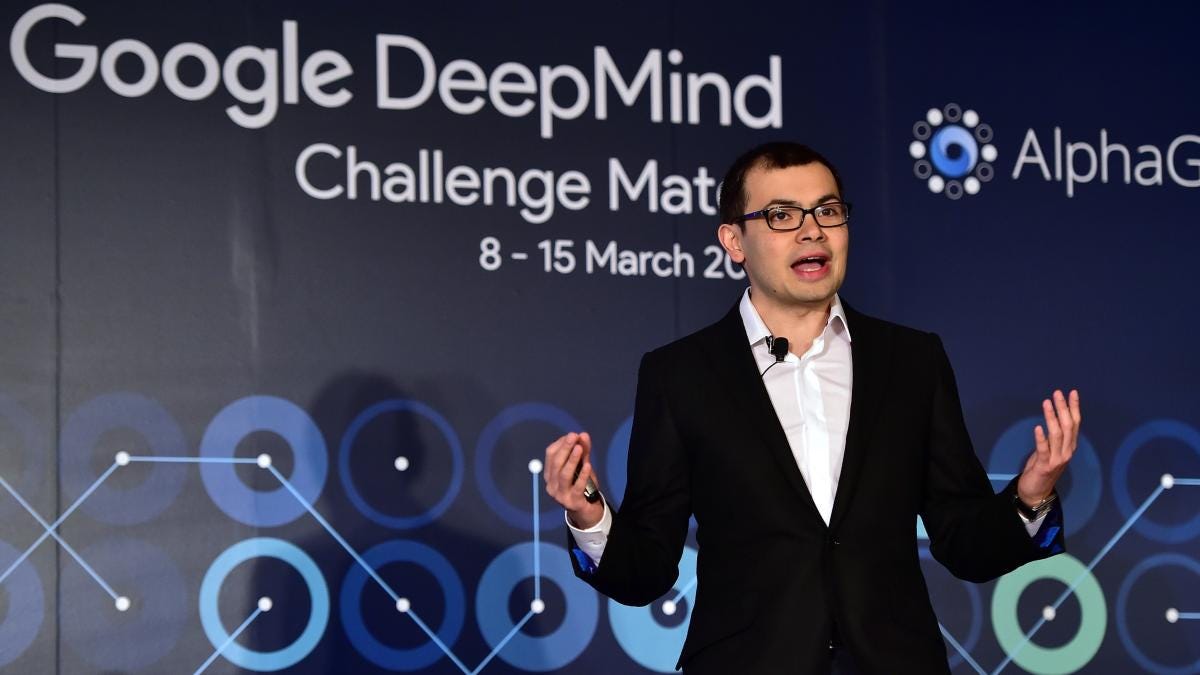Google DeepMind's AlphaCode is a Game Changer for AI Coding
DeepMind invents AI tool to kinda write novel computer code.
Google, which acquired the DeepMind artificial intelligence lab in 2014, might have been on to something. DeepMind and Google Brain have given Alphabet an incredible 1-2 punch in artificial intelligence and deep learning research and R&D.
Today some news came out on DeepMind’s AlphaCode.
Google’s UK-based artificial intelligence unit DeepMind has invent…
Keep reading with a 7-day free trial
Subscribe to AI Supremacy to keep reading this post and get 7 days of free access to the full post archives.



